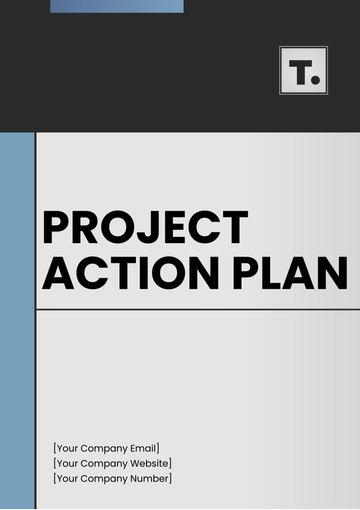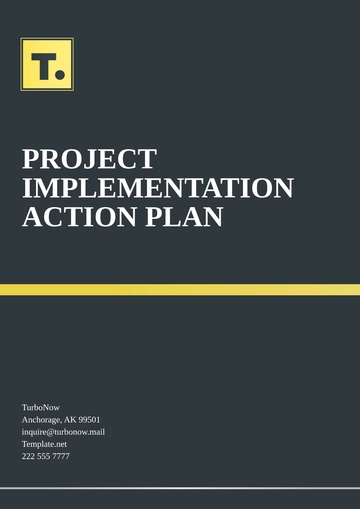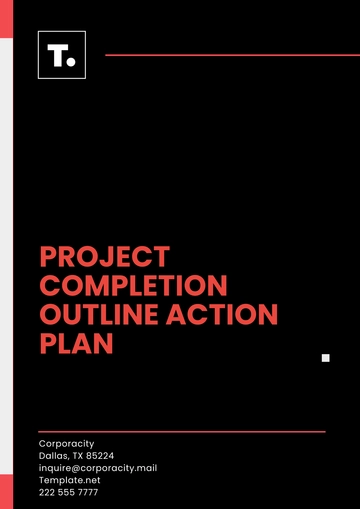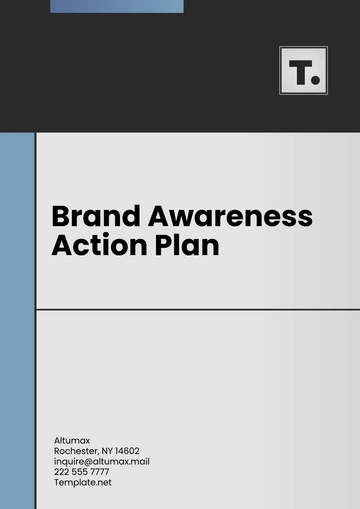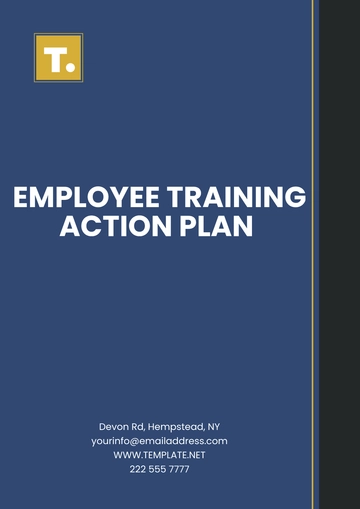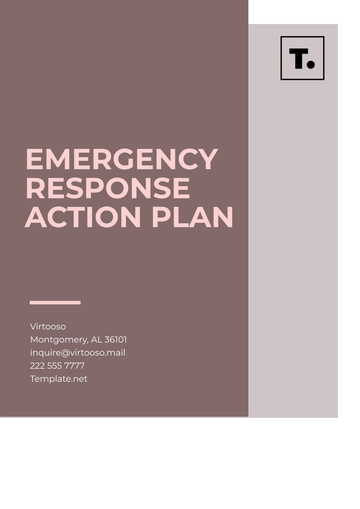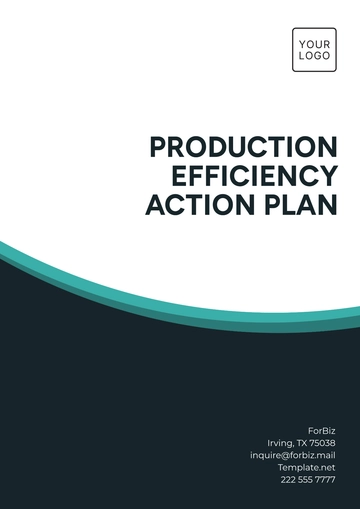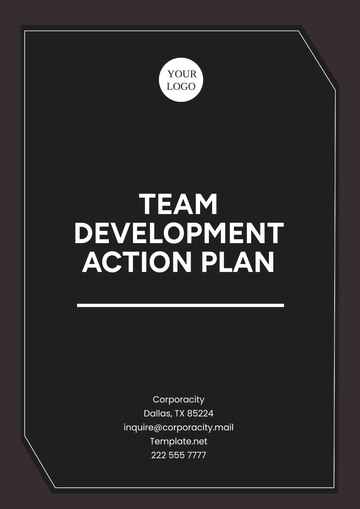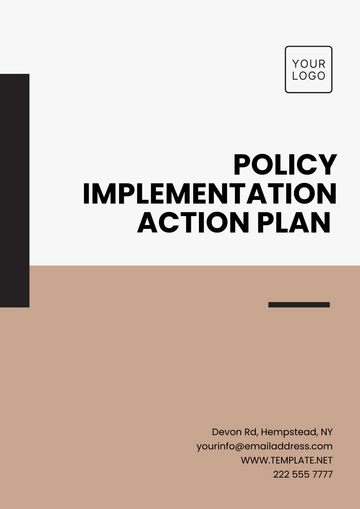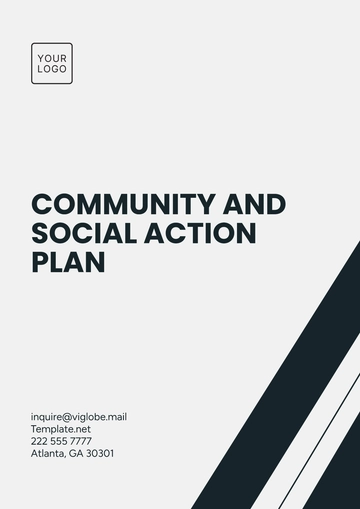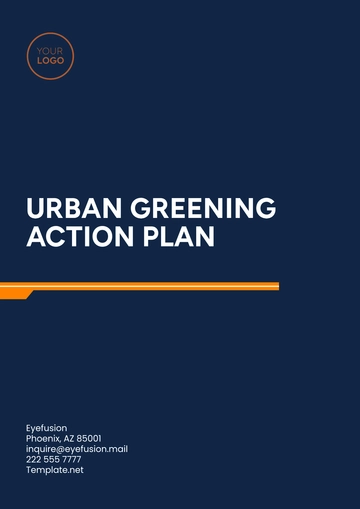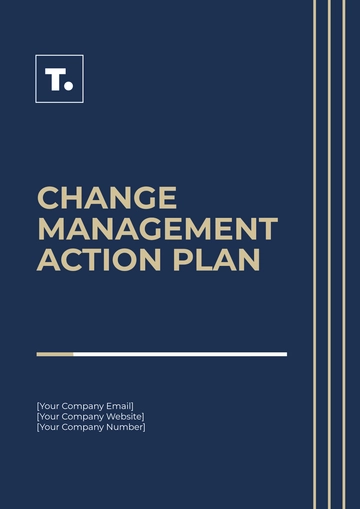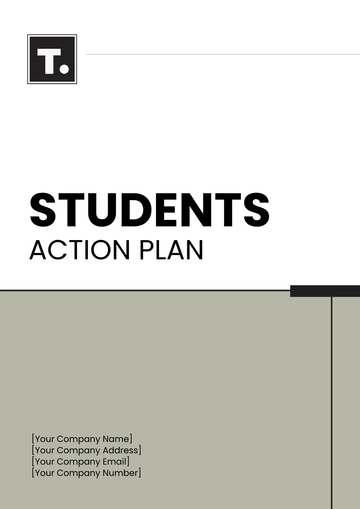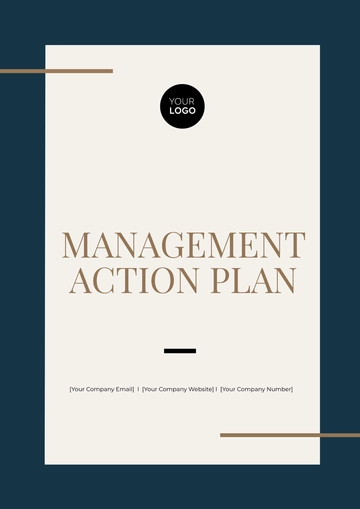Free Pre Action Protocol
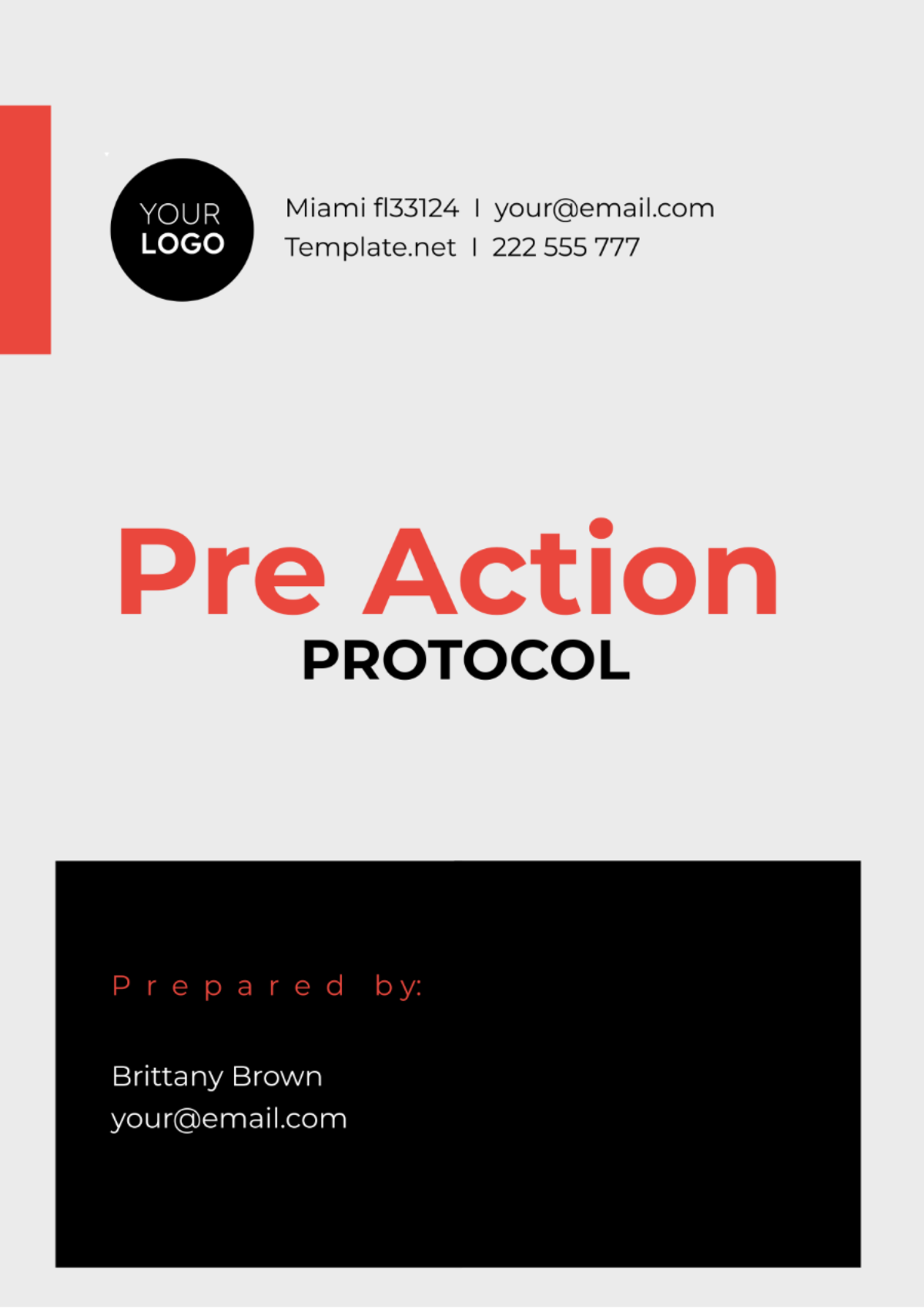
Name: | [YOUR NAME] |
Company Name: | [YOUE COMPANY NAME] |
Date: | [DATE] |
This Pre-Action Protocol outlines the procedural guidelines and rules to be followed by parties involved in a potential legal dispute before initiating formal legal proceedings. The objective of this protocol is to facilitate the resolution of disputes outside of court, promoting efficiency and fairness in the process.
I. Purpose
The purpose of this protocol is to encourage the parties to engage in constructive dialogue and negotiation, to reach a mutually acceptable resolution without resorting to litigation. It is intended to promote early settlement, reduce costs, and minimize the burden on the court system.
II. Scope
This protocol applies to all potential disputes where litigation is contemplated, including but not limited to contractual disputes, negligence claims, and disputes arising from commercial transactions. Parties are expected to adhere to this protocol unless specifically exempted by agreement or court order.
III. Key Principles
1. Good Faith Negotiation: Parties are expected to engage in negotiations with sincerity, honesty, and a genuine willingness to resolve the dispute.
2. Timeliness: Parties are encouraged to act promptly and efficiently at each stage of the process to avoid unnecessary delays.
3. Compliance: Parties must fully comply with the procedural requirements outlined in this protocol, including disclosure of relevant information and documentation.
4. Confidentiality: Confidentiality should be maintained throughout the pre-action process, subject to any legal obligations or agreements to the contrary.
IV. Pre-Action Steps
1. Letter of Claim: The party intending to commence proceedings must first send a Letter of Claim to the opposing party. This letter should outline the nature of the dispute, the legal basis of the claim, and any specific demands for resolution.
2. Response: The recipient of the Letter of Claim must respond within a reasonable timeframe, acknowledging receipt and indicating whether liability is admitted or denied. If liability is denied, reasons for the denial should be provided.
3. Exchange of Information: Both parties must exchange relevant information and documentation to enable a full understanding of the issues in dispute. This may include contracts, correspondence, and any other relevant evidence.
4. Alternative Dispute Resolution (ADR): Parties are encouraged to consider ADR methods such as mediation or arbitration as a means of resolving the dispute without recourse to litigation.
5. Settlement Discussions: Parties should engage in settlement discussions to reach a mutually acceptable resolution. This may involve making offers of settlement and responding to counteroffers in good faith.
V. Consequences of Non-Compliance
Failure to comply with this Pre-Action Protocol may result in adverse costs and consequences, including the imposition of sanctions by the court. Parties are therefore strongly advised to adhere to the procedural requirements set out herein.
VI. Conclusion
By adhering to this Pre-Action Protocol, parties can effectively manage disputes in a manner that is fair, efficient, and cost-effective. It is hoped that by promoting early resolution and constructive dialogue, the need for formal litigation can be minimized, thereby saving time, expense, and resources for all involved parties.
- 100% Customizable, free editor
- Access 1 Million+ Templates, photo’s & graphics
- Download or share as a template
- Click and replace photos, graphics, text, backgrounds
- Resize, crop, AI write & more
- Access advanced editor
Unlock the power of legal efficiency with Template.net's Pre Action Protocol Template. Crafted for ease, it's not just editable, but customizable to suit your unique needs. Seamlessly modify it in our AI Editor Tool, ensuring precision and professionalism in every detail. Elevate your legal process with this essential resource, simplifying complexities with unparalleled convenience.
